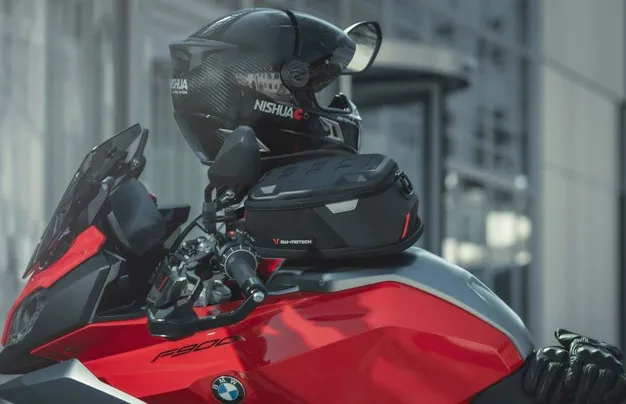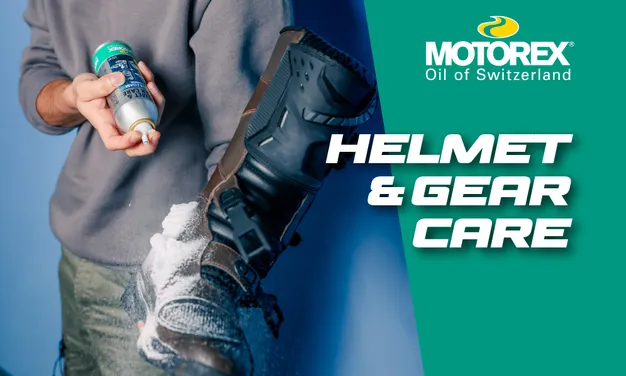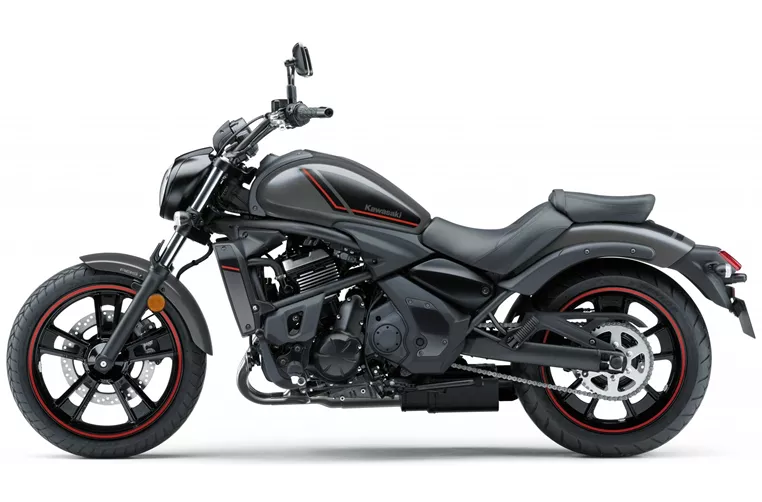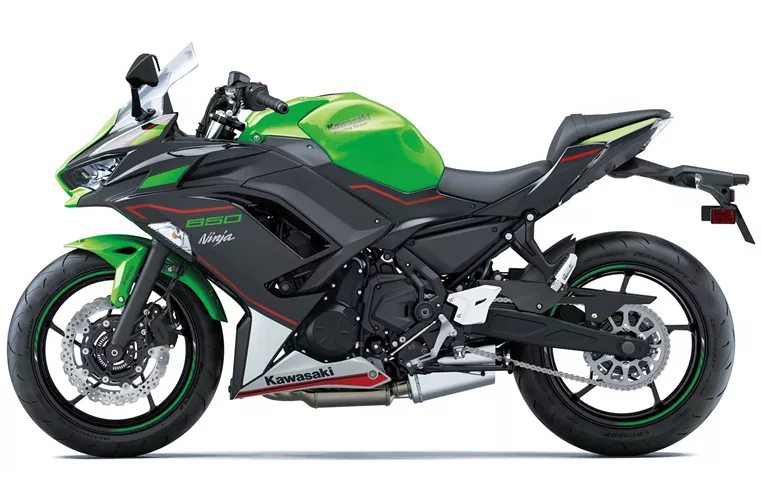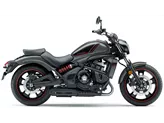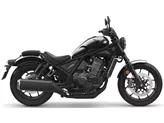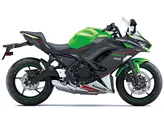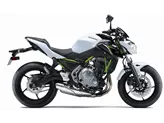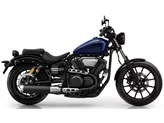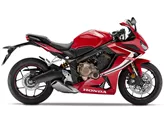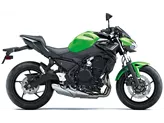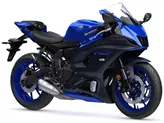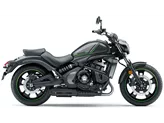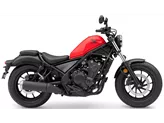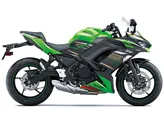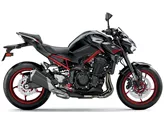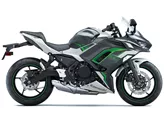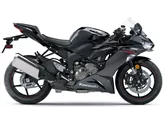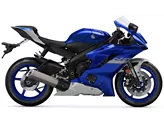Kawasaki Vulcan S 2021 vs. Kawasaki Ninja 650 2021
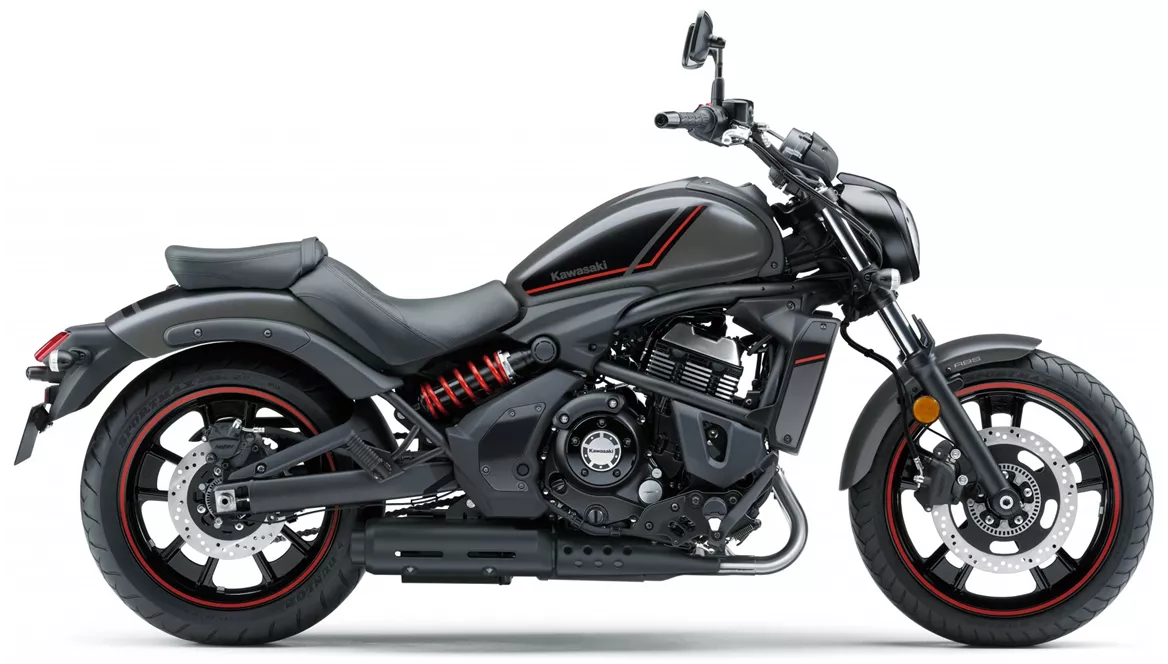
Kawasaki Vulcan S 2021
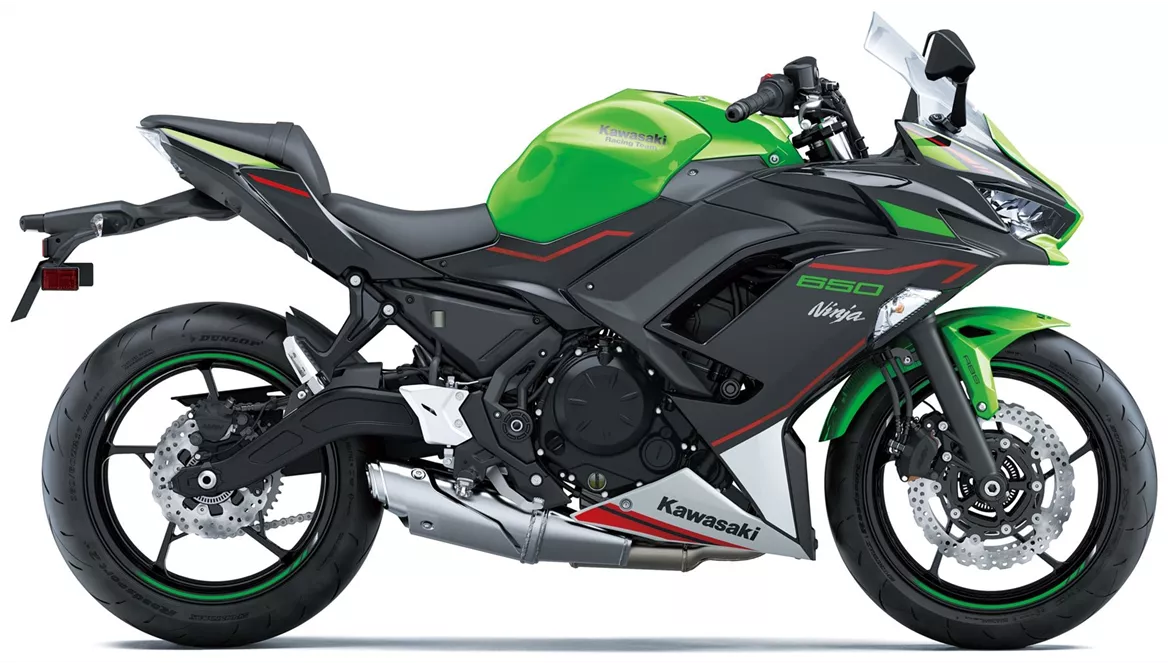
Kawasaki Ninja 650 2021
Overview - Kawasaki Vulcan S 2021 vs Kawasaki Ninja 650 2021
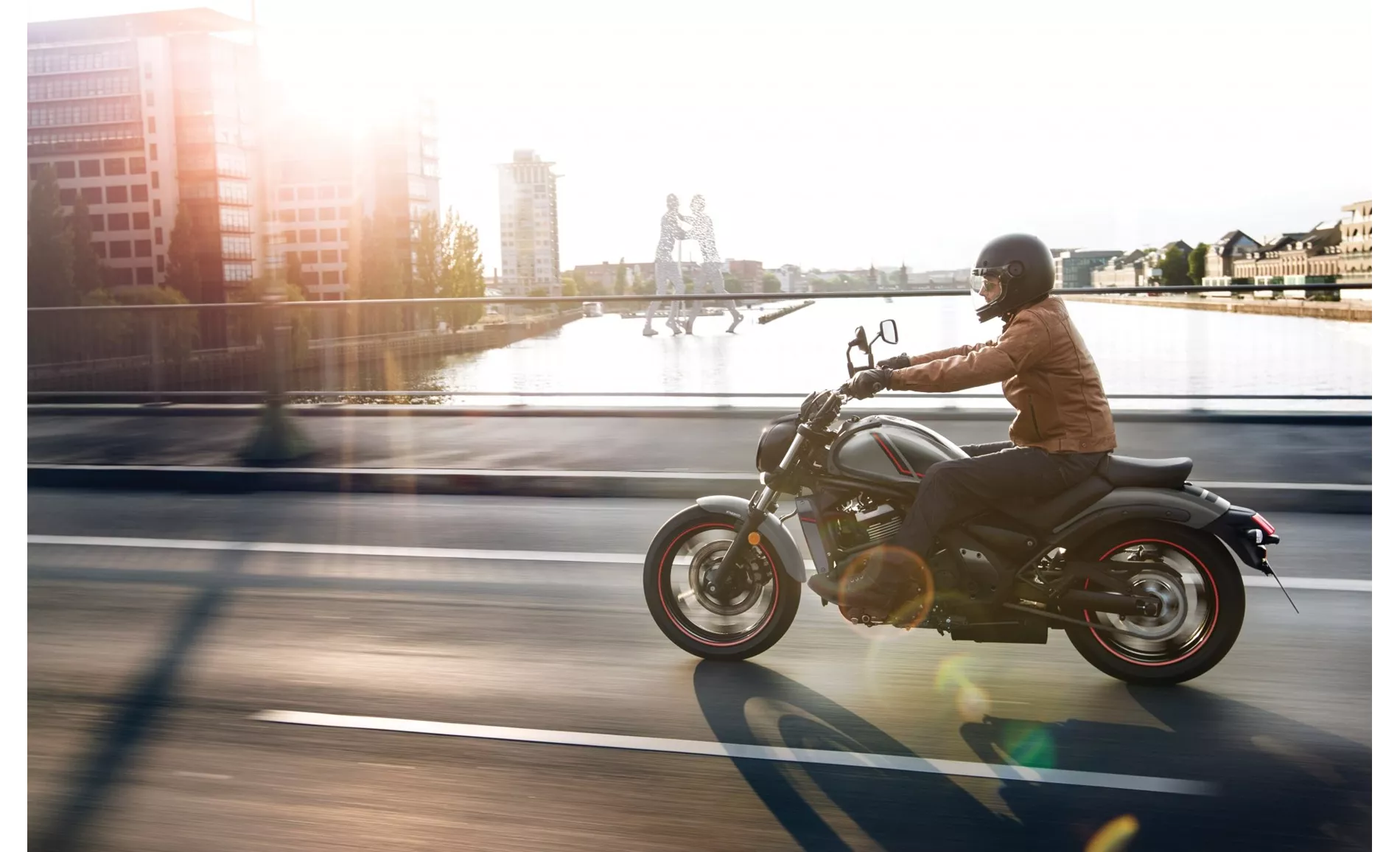
Kawasaki Vulcan S 2021
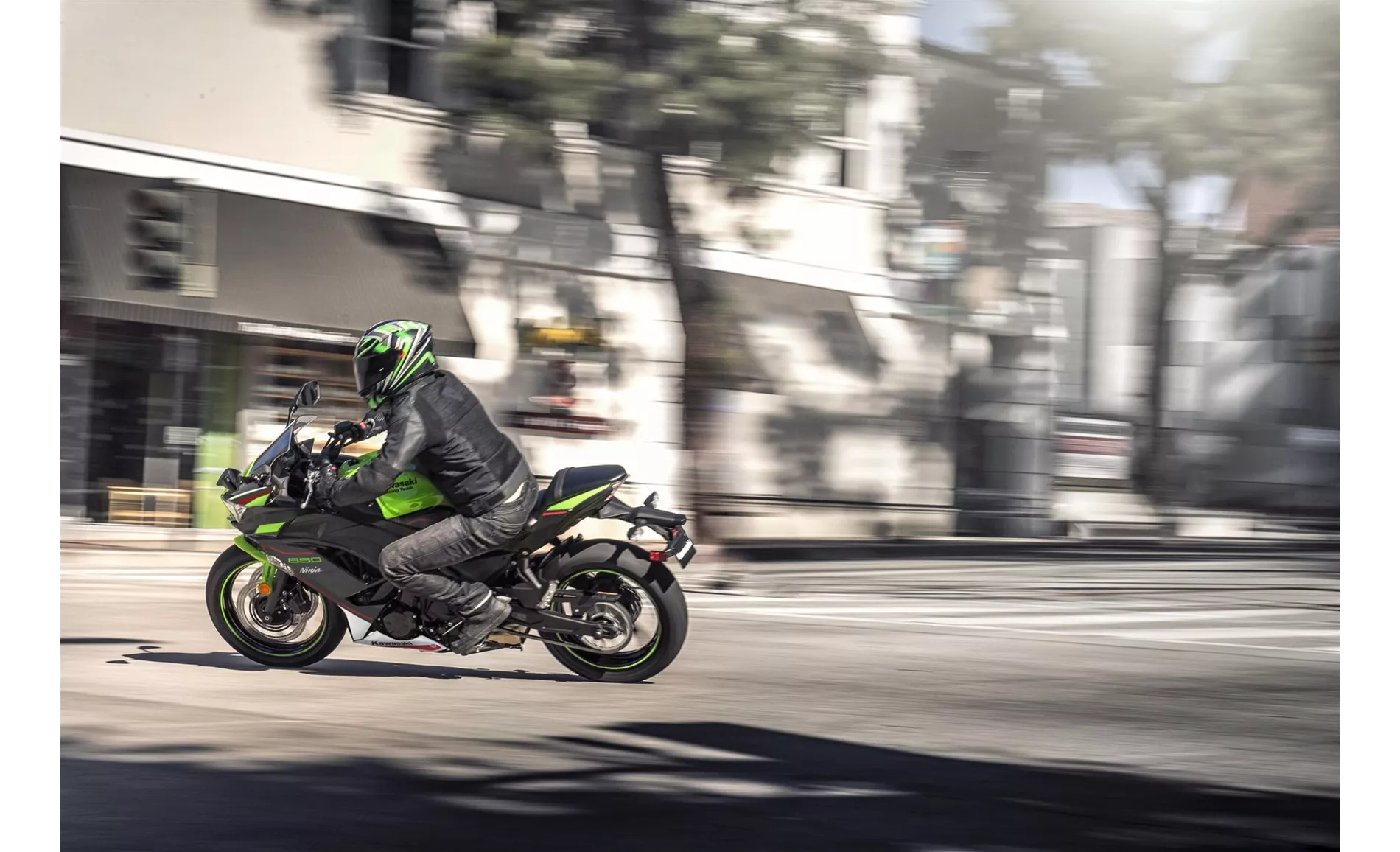
Kawasaki Ninja 650 2021
Technical Specifications Kawasaki Vulcan S 2021 compared to Kawasaki Ninja 650 2021
Pros and Cons in comparison
Pros and Cons in comparison
Kawasaki Vulcan S 2021
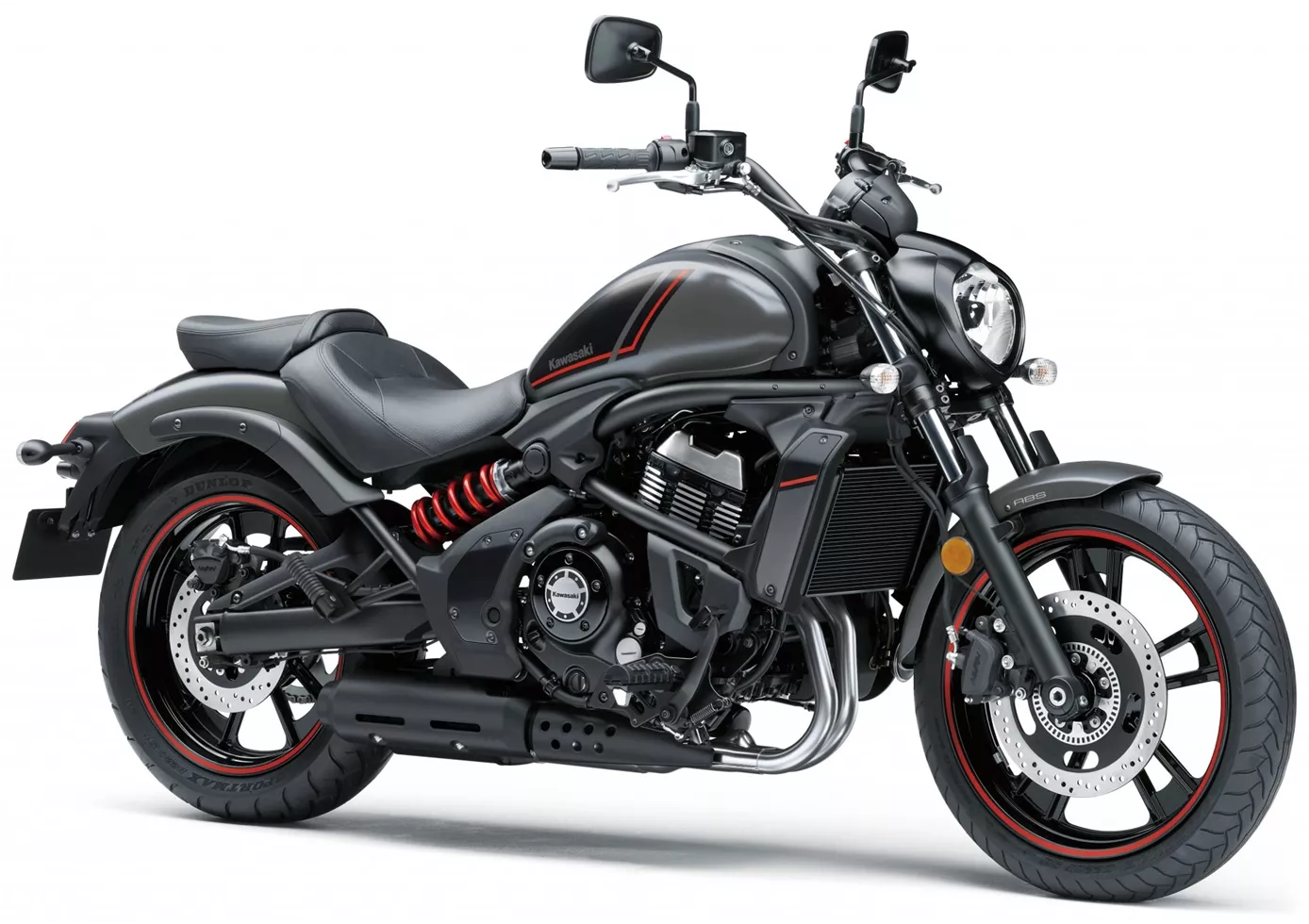
No matter which platform Kawasaki puts the 650 cubic two-cylinder in, the result is always a great motorbike! Even though the engine is unusually rev-happy for a cruiser, it results in a cruiser that actually qualifies as a sports cruiser when paired with the sporty chassis set-up. The only brake is the limited lean angle clearance, but this will not deter lovers of hearty footrest grinding. With such a good bike, we hope that Kawasaki will follow suit - after all, the Vulcan S has been with us almost unchanged since 2015.
Kawasaki Ninja 650 2021
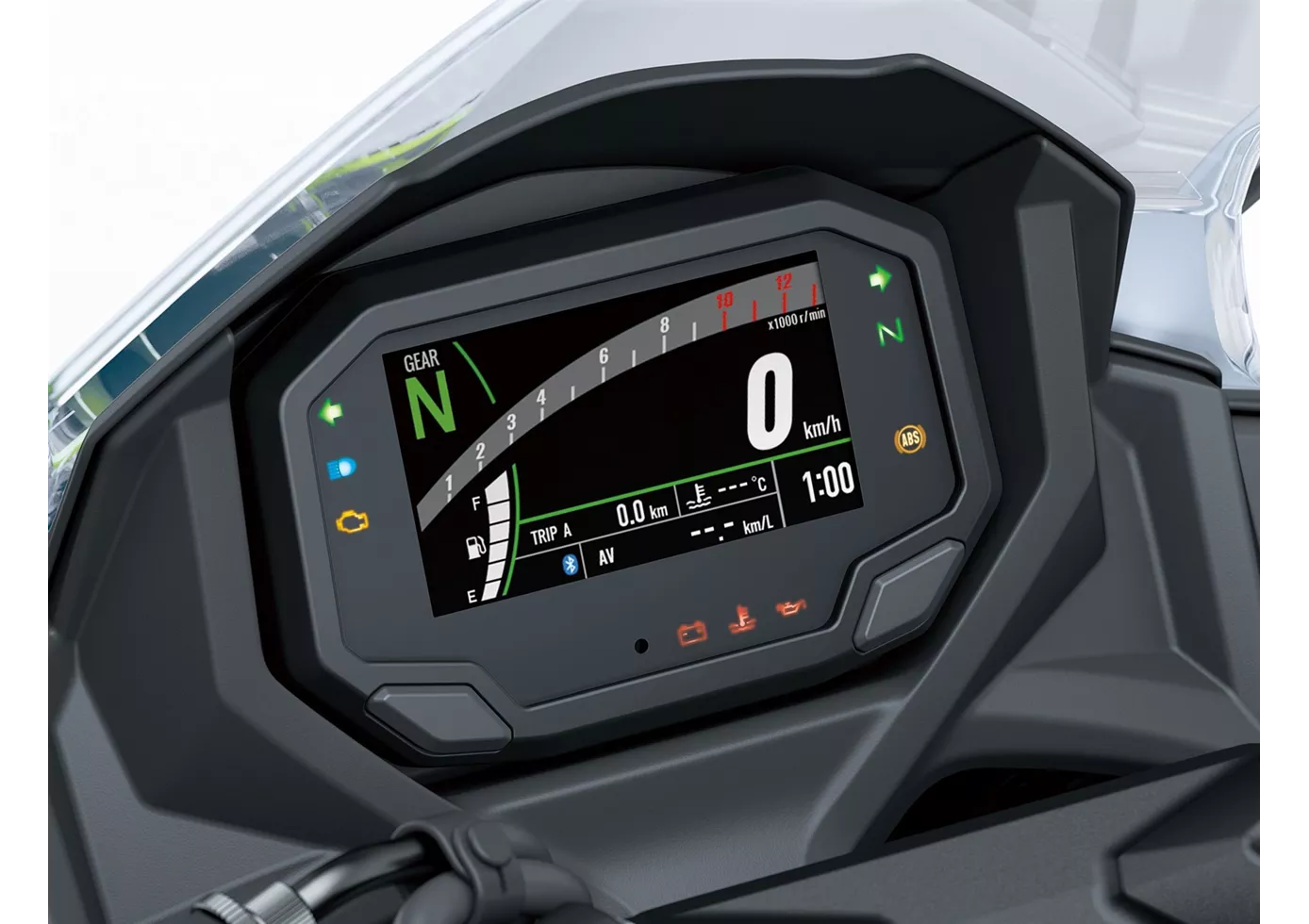
Save the sport tourer! With the Ninja 650, Kawasaki has created an exemplary representative of this class and (hopefully) solved the problem of the new generation. The stable chassis and the decent two-cylinder will delight beginners and advanced riders alike, even at a brisker pace. The front brake is a little too well intentioned, lacking a transparent pressure point despite basically good braking performance. Another plus is the TFT display, which we don't find in the competition at the moment, as well as the grown-up look, which is strongly oriented towards the larger Ninja models.
